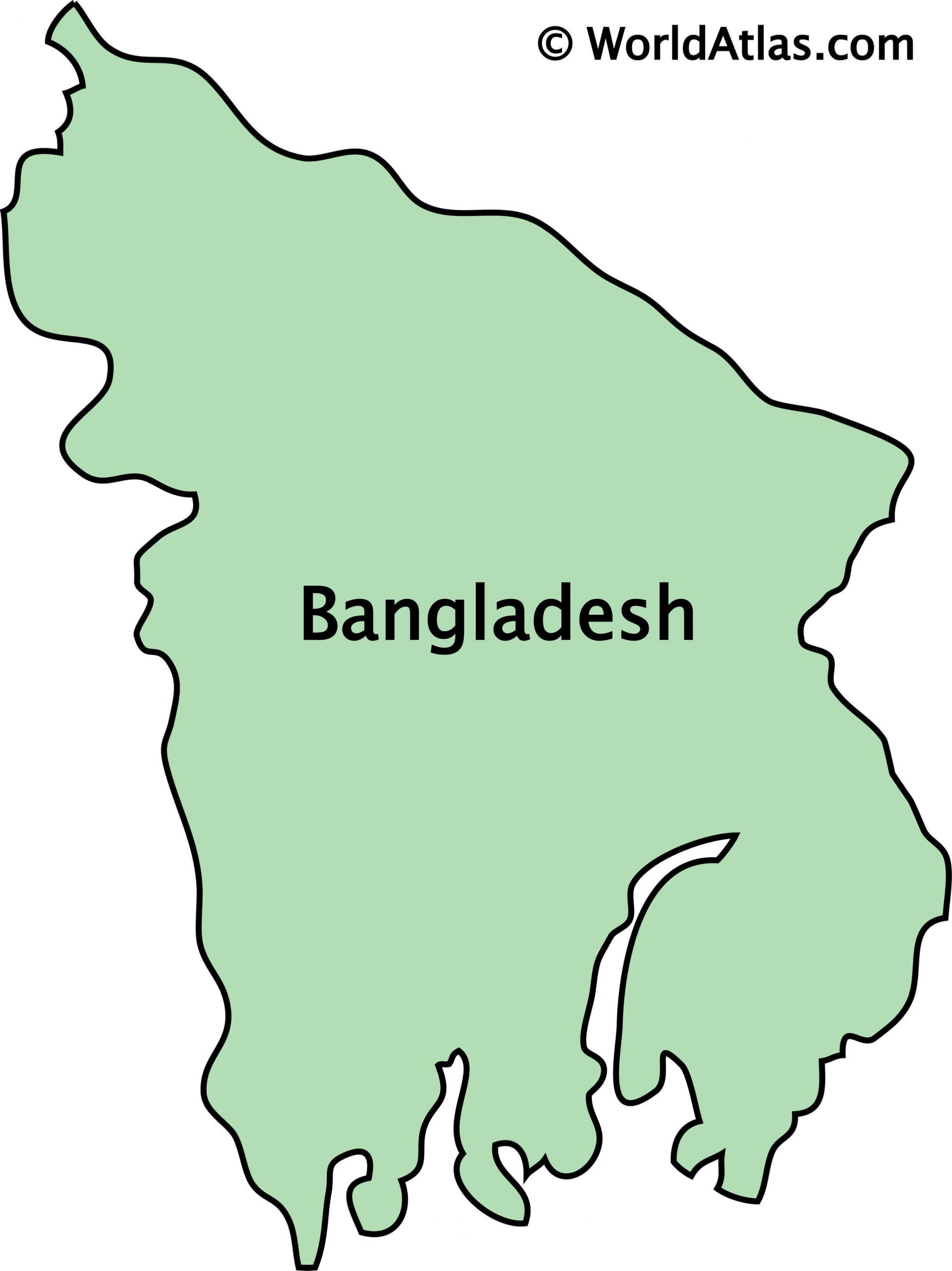The Institute of Peace and Conflict Resolution and the United Nations Educational, Scientific and Cultural Organization have jointly issued a call to both the government and traditional institutions, emphasizing the critical need to prioritize the inclusion of women in conflict resolution and peace management committees.
During a community dialogue/training workshop in Akwa Ibom themed “Strengthening the Role of Women in Conflict Prevention and Peace Negotiations in Traditional Societies in Southern Nigeria,” Dr. Joseph Ochogwu, the Director General of IPCR, lamented the patriarchal nature of traditional societies, where women are often excluded from participating in conflict resolution processes.
Represented by Grace Awodu, head of the Gender Peace and Security unit of the Institute, Ochogwu stressed the urgency for traditional institutions to recognize the significance of women’s inclusion in these committees.
He argued that the involvement of women in conflict resolution committees is crucial for capturing the necessities and needs specific to women.
Ochogwu stated, “We want to mainstream women in peace building; for this project, we acknowledge that when women are involved in the peace-building process, peace tends to last longer than when they are not involved.”
Diallo Abdourahamane, head of UNESCO Abuja office, echoed these sentiments, urging stakeholders to dismantle barriers and stereotypes hindering women from active participation in conflict prevention and peace-building processes within their communities.
Abdourahamane, represented by Nneka Okafor, head of Social and Human Sciences at UNESCO regional office, Abuja, emphasized that women, often victims of conflict, also play pivotal roles as agents of change.
He stated, “It is only right that women should be actively involved in decision-making processes at all levels, from local community initiatives to high-level peace negotiations. Their perspectives grounded in the daily realities of their communities bring a depth of understanding that is crucial for crafting effective and lasting solutions. Let us recognize the indispensable contribution that women can and must make in the pursuit of sustainable peace.”











